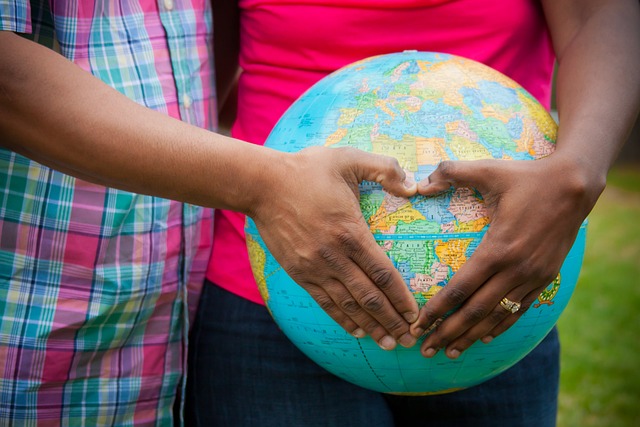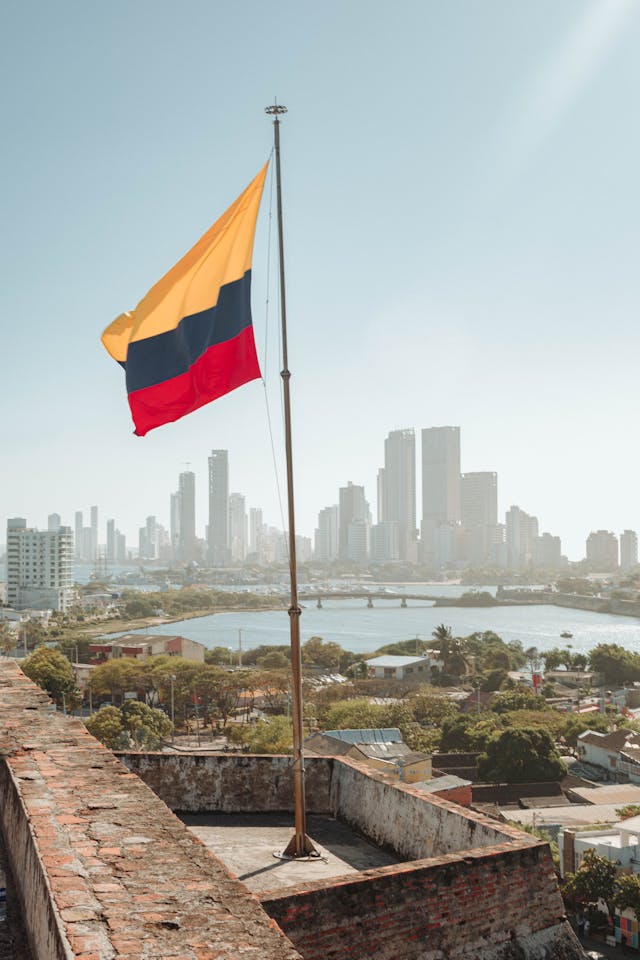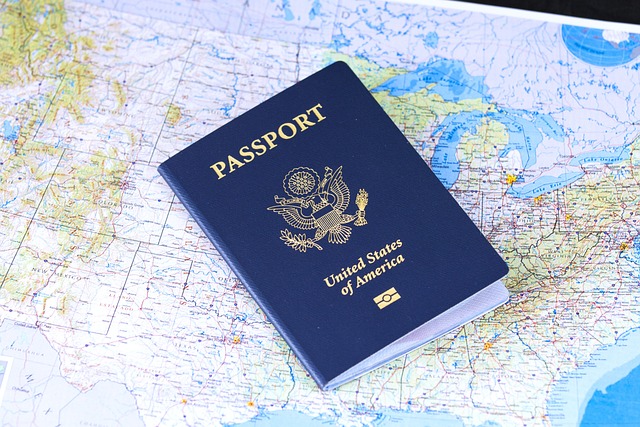Rapid Translate Team
Prospective parents who long to adopt a child face all sorts of hurdles and processes before bringing their child home. If you’re planning to adopt a child from a foreign country, the adoption process can even be doubly overwhelming.
That’s why, in today’s guide, we’re going to help you streamline this process. We’ll discuss everything from crucial factors to the easiest country to adopt from. Together, we’ll ensure that you’re prepared for your new family life as you welcome another member into it!

Table of Contents
4 Main Factors That Affect the Ease of the Adoption Process
The truth is, it’s simpler to adopt children in certain parts of the world than it is in other parts. So you understand why we’ve discussed the factors that affect how easy it is to adopt a child below.
1. Clear Adoption Laws
As you probably know, a significant aspect of adoption is the legal transference of parental rights to the adoptive parents.
Countries that have transparent, easy-to-follow adoption laws and processes make the adoption process much easier for adoptive parents. Through well-established laws, adoptive parents can follow a straightforward pathway that allows them to unite with their adoptive children quickly.
In some countries, these laws aren’t so easy to understand and are often subject to unpredictable changes. Take countries that experience things like frequent natural disasters, political tensions, and poorly applied adoption policies. Countries like that can leave adoptive parents in limbo, facing emotional and financial strain with no clear outcome in sight.
That’s why you should consider adopting a child from a Hague Convention country. The Hague Adoption Convention protects internationally adopted children and has done so in the US since 2008. Compliant countries follow a set of standards and best practices put in place by the Hague Convention.
Ultimately, the Hague Convention has made many countries’ adoption laws much more transparent, easy to understand, and ethical.
2. Shorter Process Durations
Depending on your chosen country, it could take a few months to several years to complete the adoption process. You need to consider the country-specific factors that will lengthen this process. Think home studies, paperwork approvals, waiting times, training, assessments, and multiple trips to your adoptive child’s country.
It’s right not to rush the adoption process, especially for the sake of your and your adoptive child’s wellbeing. That said, from an emotional standpoint, it could be easier to adopt from a country with shorter processes.

3. Flexible Eligibility Criteria
Many factors, including health, age, marital status, and financial stability, will affect your eligibility worldwide.
For instance, in some countries, it’s much harder for single men to adopt a child in comparison to single women. In others, there are laws that only permit heterosexual married couples to welcome their children into their new adoptive families.
Countries with such strict criteria can delay and, in the worst-case scenario, even deny adoptions. This applies even to families that have proven they can successfully care for a child.
To simplify the adoption process, it’s best to look for more accommodating countries. Seek out countries that don’t turn away single parents and non-traditional families and don’t have upper age limits for parents.
4. Lower Costs
It’s no secret that adoption can be an expensive endeavor. You have adoption agency fees, legal costs, travel expenses, and more to contend with. Of course, the cost of the adoption process varies depending on your country of choice.
If you have a low income, it’s understandable why this would be a cause of worry for you. That’s why we suggest investigating countries that make international adoptions more financially accessible. You should also find out if that particular country offers financial aid to help you offset hefty costs.

The Different Types of Adoption
To help you make the best decision possible, you should know about the different types of adoption, too.
- Foster care adoption: This form of adoption allows you to adopt eligible children in the foster care system. This system accommodates children who have unfortunately experienced neglect, abuse, abandonment, and family illness.
- Domestic adoption: Domestic adoption involves adopting a child who lives within the same country as you. This type of adoption usually involves the use of either adoption agencies (agency adoptions) or adoption attorneys (private adoptions). Private adoptions can be faster than agency adoptions.
- Intercountry adoption: This type of adoption enables you to adopt a child from another country. Intercountry adoption usually involves more legal and travel requirements, making the adoption process more complex.
- Relative adoption: Relative adoption involves adopting a child who is related to you, like a niece or nephew. Because this form of adoption allows children to maintain their familial connections, it is often more straightforward.

What Country Is It Easiest To Adopt From?
By now, you’re probably wondering about the easiest countries to adopt from. Thankfully, we have a great recommendation for you: Colombia.
Colombia has had a long history of well-organized and efficient adoption processes. These processes start with applications and agency-supported home studies. After approval and dossier submissions, matching with an eligible child can take between six and 18 months.
Once the match is accepted, you can travel to Colombia to visit your adoptive child five to nine weeks later. You only need to make one trip, and it must last anywhere between three and five weeks.
What’s more, Colombia’s eligibility criteria are incredibly accommodating. You must be between the ages of 25 and 55. That said, you can be single, married, and a member of the LGBTQAI+ community. Although you must be married for at least two years, Colombia recognizes premarital cohabitation as part of this criterion.
Additionally, Colombian children between the ages of six months and 15 years at referral (matching) are eligible for intercountry adoption. It’s worth mentioning that you need to be no less than 15 years older than the child you’re adopting. On the flip side of this rule, you can’t be more than 45 years older than your adoptive child.
Finding the Easiest Country To Adopt From
The journey of international adoption is full of complexities that you may find hard to navigate at first. But, with the help of Rapid Translate, you can make your journey much easier.
Rapid Translate is a USCIS-accepted translation service that you can rely on. Our services are available in over 60 languages, including English, Russian, and Japanese. In three simple steps, you will have accurately translated birth certificates, ID cards, medical records, bank statements, and more!
Our team of experienced professionals excels at word-for-word accuracy and cultural relevance, providing you with top-of-the-line translations around the clock. With Rapid Translate and our ability to remove language barriers, any country can be the easiest country to adopt from. Use Rapid Translate now and enjoy unobstructed communication!
FAQs
What factors contribute to the ease of adoption?
Many factors affect the ease of adoption, including costs and financial aid, well-defined adoption laws, and flexible eligibility criteria.
Where is it cheapest to adopt?
The cheapest places to adopt a child include Ukraine, Thailand, Ethiopia, and the Philippines.
Why is China stopping adoptions?
China has stopped foreign adoptions to combat its demographic decline issue.





